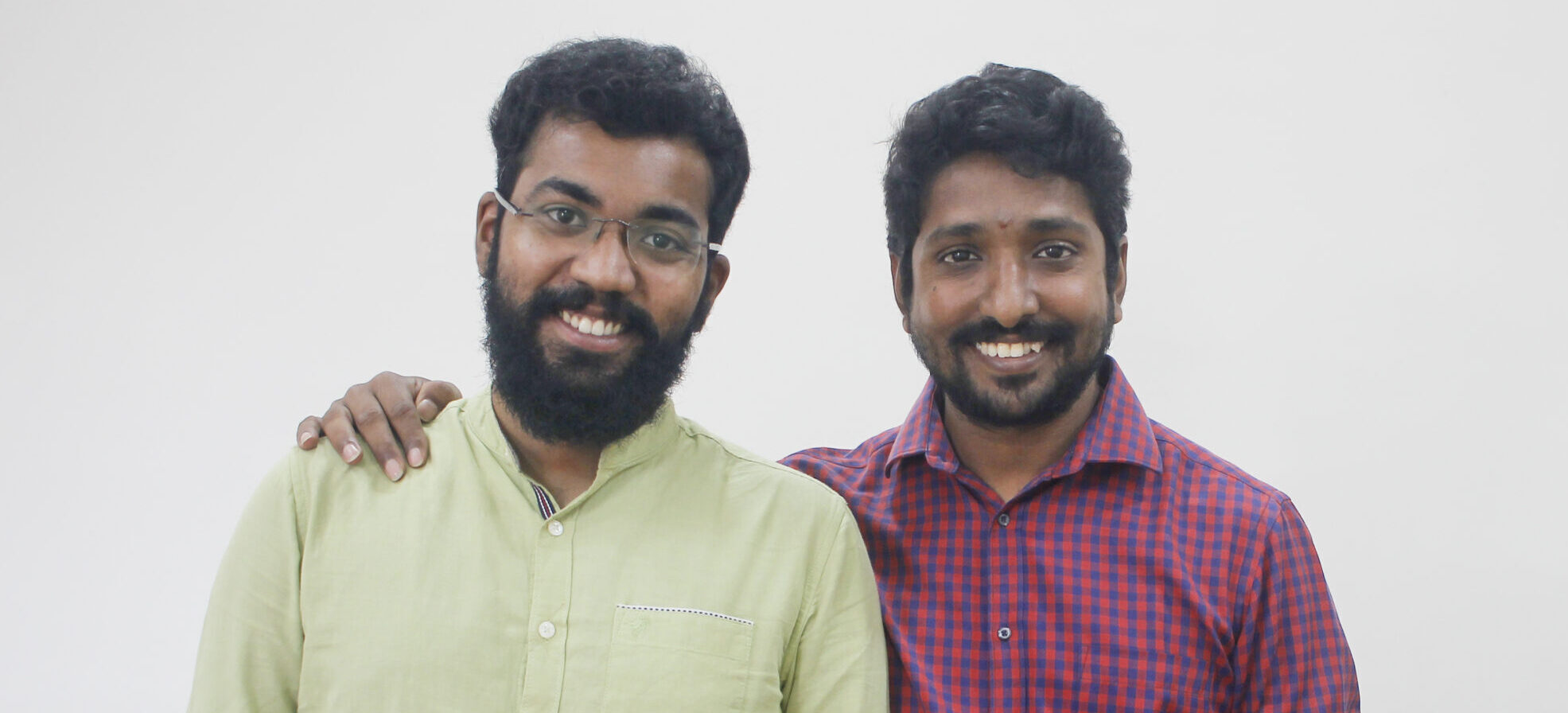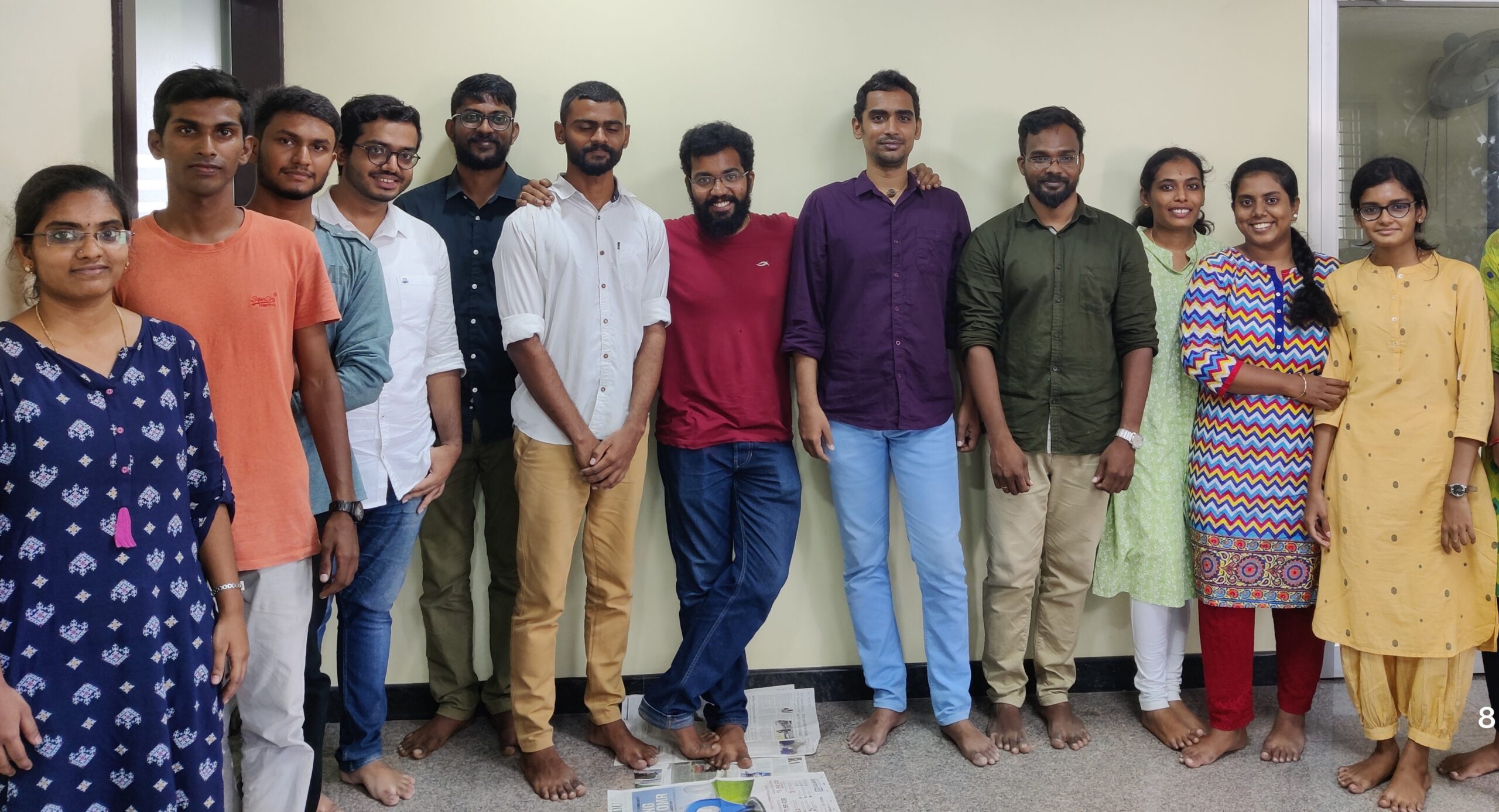Introducing Deepak and GreenPod Labs
Q: Can you briefly introduce yourself and GreenPod Labs?
A: I come from a research background, holding a bachelor’s in agricultural engineering and a master’s in food science from the US. After about five years in the US, I moved back to India and started GreenPod Labs. Our primary objective is to minimize food waste, specifically post-harvest losses in fruits and vegetables. We’ve been in business for around three and a half years, during which we have launched four products commercially and are now scaling them up.
My passion for addressing food waste dates back to my master’s studies in the US, where I focused on minimizing food waste in the food industry, including the beer and wine sectors. I was struck by the immense volume of food losses and realized that this issue wasn’t being adequately addressed, especially in developing countries like India.
Why Rockstart?
Q: Why did you choose to join Rockstart?
A: We joined Rockstart in 2020, which was just the second year of their AgriFood program. Honestly, I wasn’t fully aware of the program’s intensity or the value it would offer. Before Rockstart, I reached the final interview stage of Y Combinator but got rejected, which was quite disheartening. I stumbled upon Rockstart and was intrigued by its decade-long presence and the fresh approach of its new accelerator. The interactions with Matias and Mark from Rockstart were impressive, particularly their focus and the differentiators they brought to the table.
One key aspect was Rockstart’s long-term commitment. They had a soft commitment to invest in companies up to Series A or B, signifying a long-term partnership. This was important to us as it meant they were invested in our journey for the long haul. The application process wasn’t overly complex, but the interview phase was quite intense. It involved deep dives into our technology and business plans, even though we were very early-stage without a market-validated product or even a website. Surprisingly, we were the first company they invested in without existing revenue at that point.
The Application Process
Q: Can you describe the interview process at Rockstart?
A: The interview process with Rockstart was rigorous. It started with an initial call to understand our technology and plans, followed by a more in-depth discussion about our technological approach. Despite being at an early prototype stage with no revenue – a first for Rockstart’s investment history – they believed in our potential. The final interview rounds involved multiple judges, mentors, and relevant industry experts. One notable aspect was the involvement of an investor from a competitor, which added a unique dimension to the evaluation. The entire process was intense but also a great learning experience, drilling into aspects like scalability, motives, and long-term plans.
The Day-to-Day Experience and Key Learnings at Rockstart
Q: Once you joined Rockstart, what was a typical day like?
A: Initially, it was just me on the team, and later, another person joined. Our typical month during the six-month program involved one week of intensive sessions and meetings. These weeks were fully packed and incredibly informative. I learned about 40-50% of what we’re implementing in GreenPod Labs today from Rockstart. It was a valuable phase of absorbing much information, significantly shaping our current operations.
Q: Did Rockstart provide funding during the program?
A: Yes, they did. The program included funding of about 35,000 euros, which was part of a larger sum of 100,000 euros. The remaining 65,000 euros were allocated for mentors and other support systems. It was an equity program, so they took a share of our company in exchange for this investment.
Q: Looking back, what do you consider a significant milestone or a defining moment from your time at Rockstart?
A: The most significant impact was the discipline of execution that Rockstart instilled in us. This learning curve was steep, and while I might have eventually acquired these skills independently, the accelerator fast-tracked this development. They emphasized staying close to customers, a strategy also advocated by Y Combinator. However, Rockstart uniquely balanced this with a focus on the research aspect of our project, not just commercialization. This dual emphasis on research and commercial viability was invaluable.
Q: During the program, did you explore the possibility of finding a co-founder?
A: Just after joining the program, I connected with a founding team member. We had been in discussions with Rockstart during the interview phase, and things worked out well. He’s still with GreenPod Labs, leading our business side. His involvement began right from the time we were selected for Rockstart, and he started attending all the sessions from then on.
Life After the Accelerator
Q: What were some of the challenges you had to overcome during the program, and how did you tackle them?
A: We faced various fundamental growth challenges, such as refining our business model, understanding our customers, and developing our R&D product. This process significantly changed how we operated in different areas. Another transformative aspect was the mentorship we received. The mentors were incredibly helpful, and our interactions were so insightful that I often ended up with pages of notes. The Rockstart team was also very supportive of the founders. If there were any issues with a mentor, they were quick to address them. Their expectation for commitment from founders was clear, creating a mutually beneficial environment. It was an exceptional experience, both in terms of the sessions provided and the mentors involved.
Q: How has GreenPod Labs evolved post-accelerator?
A: After graduating at the end of 2020, we spent about two years further stabilizing our product. We’ve recently commercialized it and are now in the scaling-up phase. Rockstart played a significant role in our current operational approach, contributing to about 30-40% of our execution strategy.
Q: Has your professional network expanded since completing the accelerator?
A: Not substantially in terms of geographical reach. Rockstart has a strong network in European markets, but since we were focused on the Indian and Asian markets, this wasn’t as beneficial for us. However, we did connect with a wide pool of mentors, which was valuable. These connections provided insights across various startups, enhancing our understanding of different business landscapes. But beyond that, there wasn’t a significant expansion in our network.
Future Milestones and the Role of Rockstart in Shaping GreenPod Labs
Q: What are the next milestones for GreenPod Labs, and how has the accelerator prepared you for these?
A: The accelerator laid a strong foundation for us in 2020, helping us build from the base level. Since then, our current challenges have revolved around scaling operations. We have the product and the technology; now, the focus is on scaling it effectively. This is where our efforts are concentrated at present.
Q: How has Rockstart influenced your long-term vision for the startup?
A: Rockstart excels in helping startups focus on a few key areas while encouraging them to think big. They’ve significantly influenced our approach from these two perspectives. Their guidance in narrowing our focus while still aiming for substantial goals has been crucial to our development.
Founder’s Advice
Q: Finally, what advice would you give to someone looking to apply for Rockstart or another accelerator?
A: While we’re still learning, one key piece of advice I’d offer is to make the most of the available resources and be thoroughly prepared. For example, I would have researched their articles and previous work extensively whenever I went into mentor meetings. This preparation made the meetings extremely productive. As founders, we sometimes try to skip this due to busyness, but preparation is critical for deriving value from these experiences. Also, choosing the right accelerator program that aligns with your current needs is vital. Each program offers different values, so clarity on what you require at the moment is essential.


